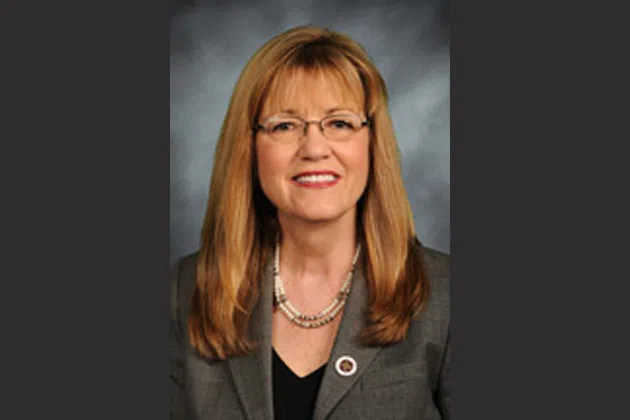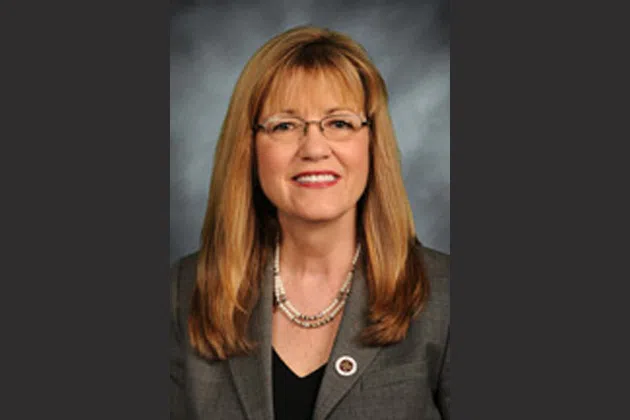
sponsored a measure to extend the EDGE program. (Photo courtesy ilga.gov)
By Greg Bishop/Illinois Radio Network
SPRINGFIELD – The controversial Economic Development for a Growing Economy (EDGE) tax credit for select Illinois businesses could be extended beyond its expiration if the governor signs on, but opponents say there’s no way to determine the program’s success.
The program gives some businesses tax credits for job creation and retention and expired at the end of 2016. A measure that passed both chambers extends it until April.
Senate Sponsor Melinda Bush, D-Grayslake, said the extension sends a positive message to Illinois companies.
“It says to businesses we’re open for business in Illinois,” she said. “We understand that we want to be competitive.”
On the other hand, state Rep. Jeanne Ives, R-Wheaton, said EDGE is a failed program.
“This state has spent $1.3 billion to bring in 34,000 jobs through this tax credit since 2001, but overall Illinois is still down 100,000 jobs on net during this same time period,” she said.
Ives said EDGE should be reformed to include credits for all businesses — not a select few.
The measure now heads to the governor’s desk.
Meanwhile, the House passed a measure to freeze Illinois’ highest-in-the-nation property taxes, but it didn’t advance in the Senate.
The measure’s sponsor, state Rep. Mark Batinick, R-Plainfield, acknowledged the vote was a trial balloon but said the measure should send the message to local government that reforms are needed.
“We need to stop the bleeding on the property tax side so that we can force the reforms that are necessary,” he said.
The measure would have required local governments to ask taxpayers through a referendum to raise property taxes. Right now, local governments can raise property taxes up to 5 percent without a referendum.
State Rep. Rita Mayfield, D-Waukegan, said her district is losing population because of high Illinois property taxes.
“That same $30,000 tax example I gave you, that same house in Kenosha, which is right across the border — 20 minutes from my door — the taxes are only $3,500,” Mayfield said. “Which would you rather pay: $3,500 or $30,000? I think this is a no-brainer.”
The measure passed 76-24 with bipartisan support, but there wasn’t enough time in the session to pass it in the Senate.





